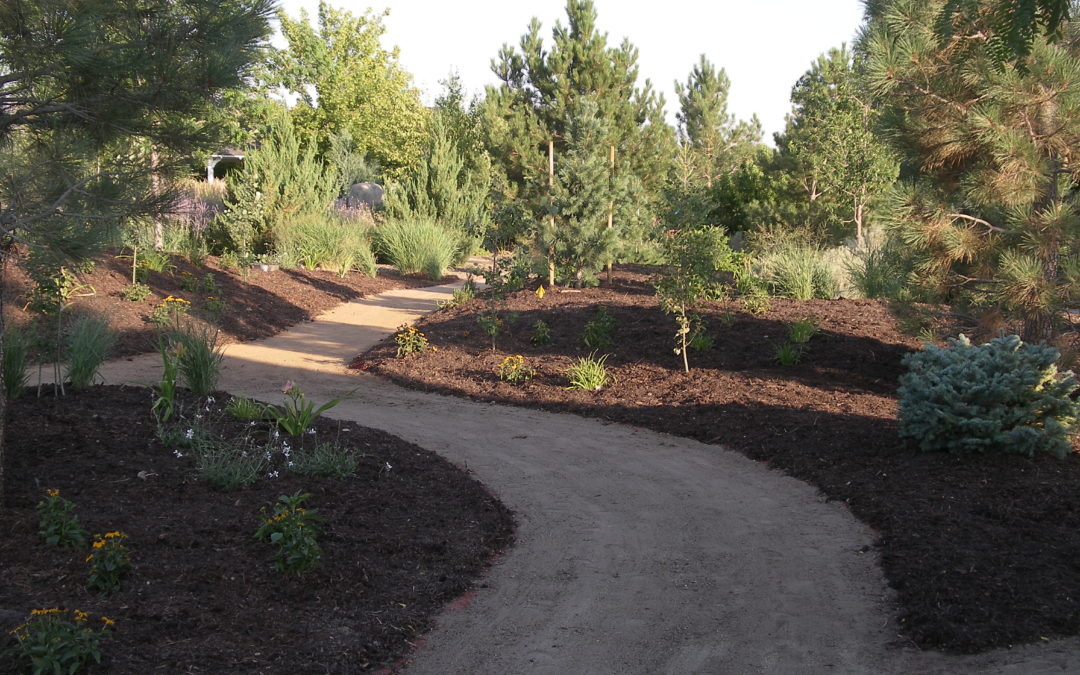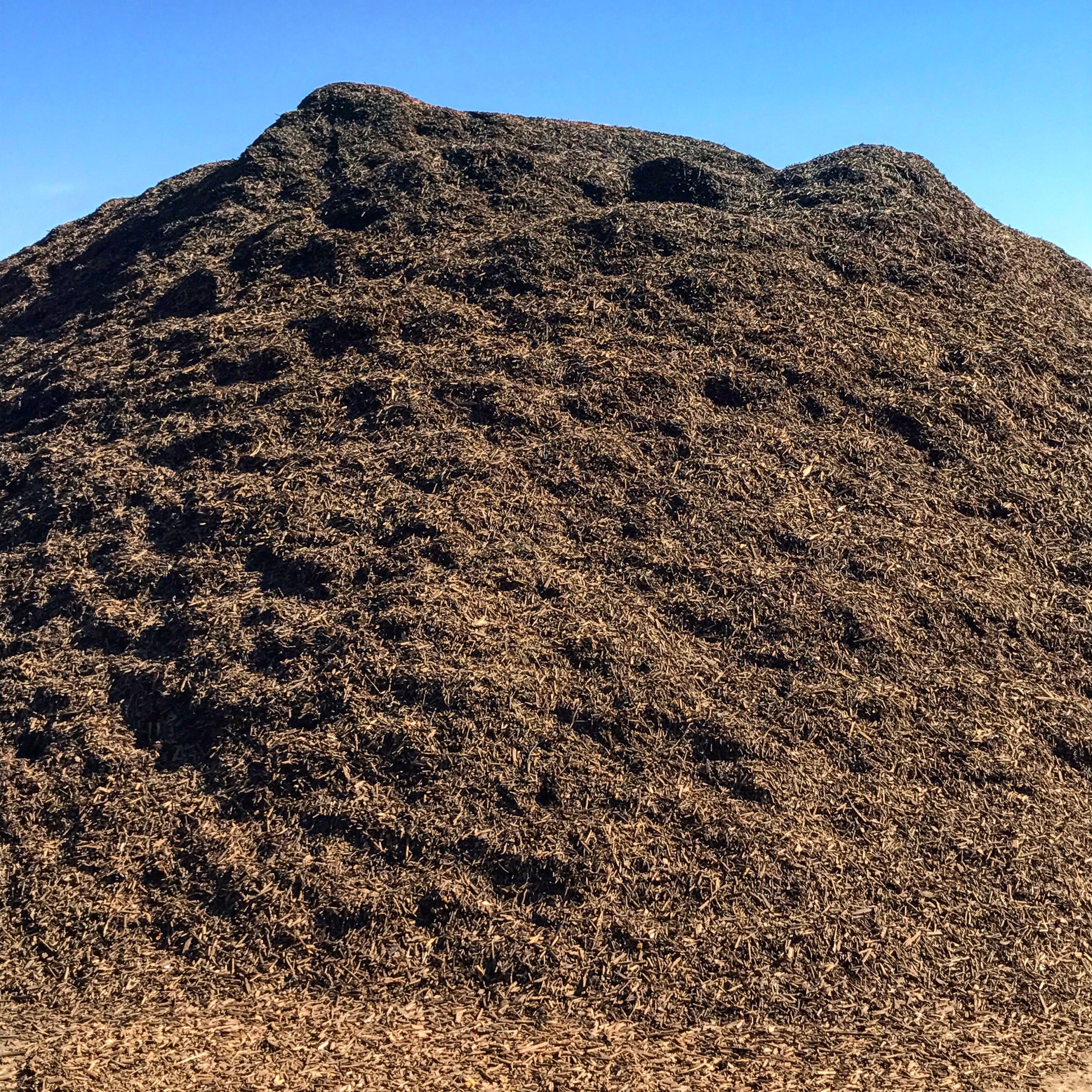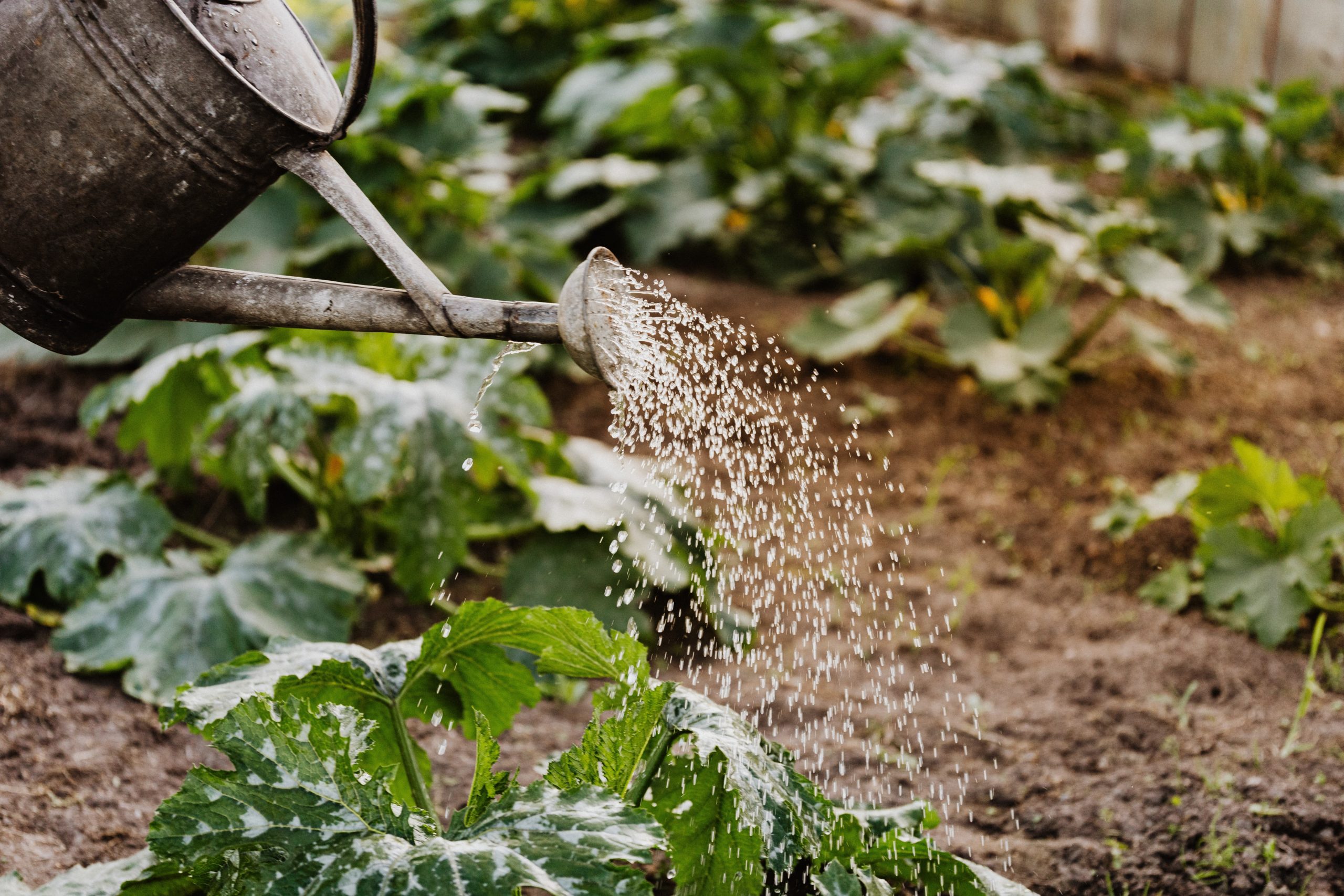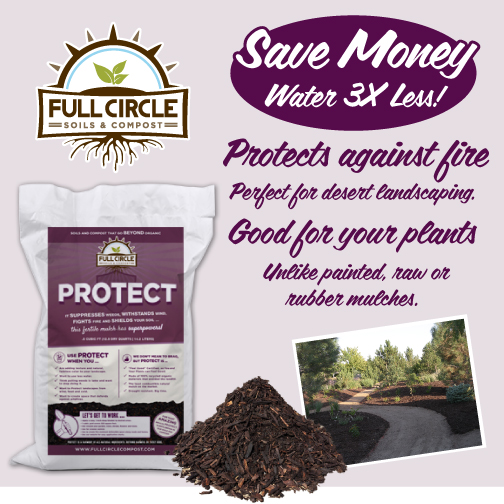Mulch: The Secret To A Lush Garden and A Lower Water Bill
A surprising number of gardeners we talk to still aren’t using the right mulch. More surprisingly, some gardeners still aren’t using mulch at all. What’s the right way to do things, you ask–to mulch or not to mulch?
All Things Mulch
According to our fellow agricultural friends over at The University of Nevada, Reno, mulching is “the practice of placing some kind of material on the bare soil between plants.”
A high-quality mulch acts like a blanket of love that shields your soil and plant roots from the sun’s abrasive rays. That layer of mulch keeps the soil cool, so the roots are in an agreeable environment and free to “root” around as they eat and drink nutrients found in the rich soil. Mulch does wonders for helping your soil retain water, and helps gardeners water less!
Life Without Mulch
Without a quality mulch, your soil is hit directly by the sun’s rays and the top few inches now play the role of protecting everything beneath. Those top few inches get fried and lose all of their nutrients, which is a bummer for your plants as they’re used to sending some of their most productive roots up near the soil’s surface to find the tastiest nutrients. Essentially, if you aren’t using a mulch, you’re losing the top few inches of soil, all while it becomes dry, lifeless dirt.
Life With the Wrong Mulch
Mulches come in many forms–rubber, freshly cut wood chips, raw wood shreds, painted wood chips, and other crazy ideas. There can be issues with these types of mulches, the main issues being that they are toxic to your plants and they zap plant energy. Any mulches that are painted have chemicals that will make their way into your soil after repeated waterings. When plants are exposed to those chemicals they can become unhealthy and more prone to disease. Raw-wood mulches, which are very common in big box stores, zap energy from your plants. This happens because your plant’s roots will find tiny particles of raw wood and try to absorb them through their roots, but since the wood hasn’t even started the composting process, it isn’t anywhere close to broken down enough for the plant to absorb (and the plant wastes energy trying).
Water Your Garden, Not Your Mulch
Another issue with many types of mulches is that they absorb water, essentially battling your plants for available water and pulling the coveted water away from your plants. Then, seeing that your plants need more H2O, you begin to water in heavier doses and more frequently, causing your water bill to go up. In this scenario you’re paying to water your mulch! Don’t do that.
Choosing the Right Mulch: Full Circle’s PROTECT
Full Circle’s PROTECT is a fertile mulch (one that’s started the composting process and has been significantly broken down). It’s full of nutrients that will benefit plants and can be easily absorbed by them. Think of it like this, you can’t feed raw carrots to babies, you have to boil them to soften them first. Well, your plants act the same as babies in this example. Full Circle’s PROTECT also provides a layer of drought resistance that protects your plants from drying out and actually SAVES you money on your water bill. It’s a win-win-win.
We never get tired of talking mulch, gardening, plants, soil, or compost, so if you should ever have any questions, please give us a ring … we’re always thrilled to talk!







